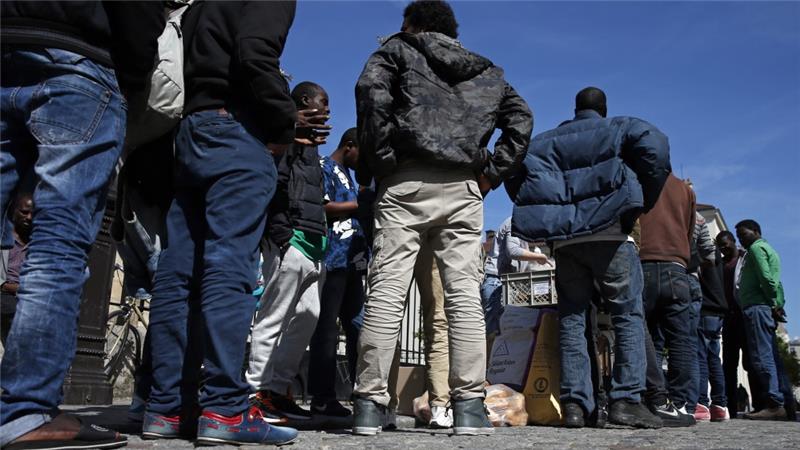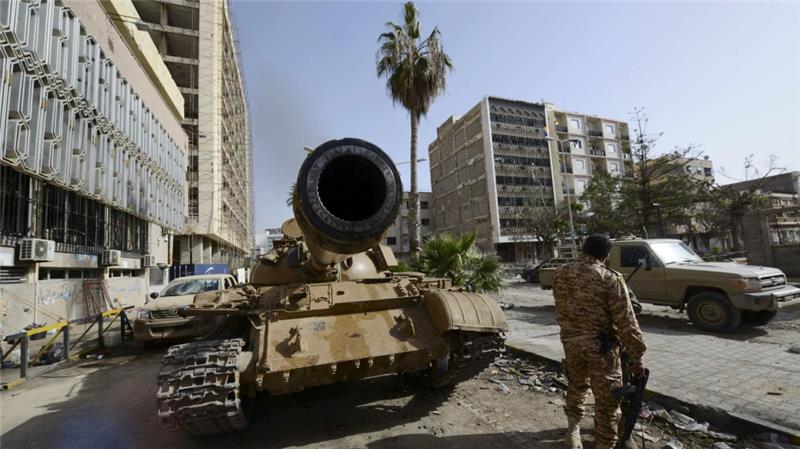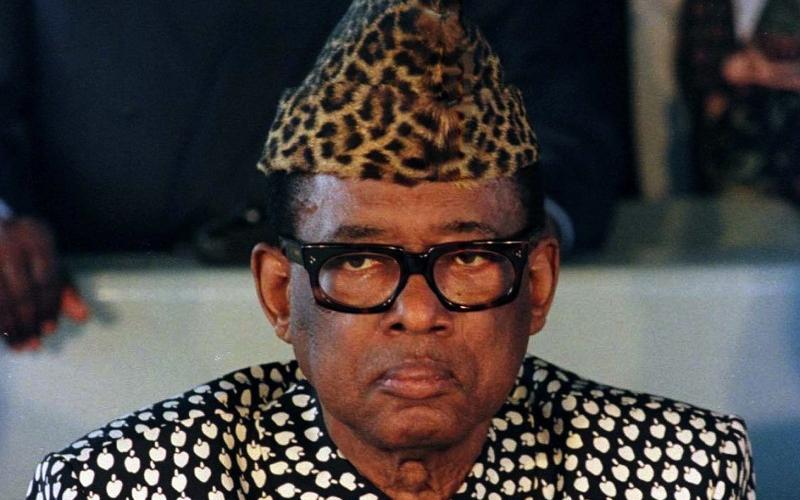A mzungu on horseback was killed in Kenya last week. (Mzungu is the Swahili word for a white person.) Tristan Voorspuy, co-owner of a ranch in Laikipia, was reportedly shot dead in the mid-day sun of northern Kenya as he leisurely rode his horse to survey the damage caused by local cattle herders who had occupied his expansive ranch. The former British soldier who had only returned home from a foreign trip brushed aside groveling pleas from his slaves that the place was not safe.
There have been numerous attacks in Laikipia in recent months as armed herders have driven tens of thousands of cattle into private farms and ranches. The number of people killed remains unknown. The attacks started around December but there wasn’t much government response – until the killing of Voorspuy, who is said to hold Kenyan and British passports.
For more than 24 hours after the shooting, Voorspuy’s body lay in the dust. It could not be collected because police considered the place too dangerous. A day before the incident, Inspector General of Police Joseph Boinnet had flown to the area but could not land as his chopper was shot at by what Kenyan and international media call “bandits.”
As the news of Voorspuy’s killing hit the headlines around the world, Nairobi’s powerful club of mzungu diplomats hassled the regime into action. London’s man in town, Nick Hailey, could hardly hide his utter frustration with the mostly inebriated boy bungling things in the neocolony:
“Alongside other international partners, I have repeatedly conveyed to the Kenyan authorities over the past months the United Kingdom’s deep concern at the situation in parts of Laikipia. I have done so again following Mr. Voorspuy’s murder. I welcome the clear commitment at the highest levels to tackle the situation, and continue to urge the Kenyan authorities to take all necessary steps urgently to restore law and order, and to protect life and property in the area.”




